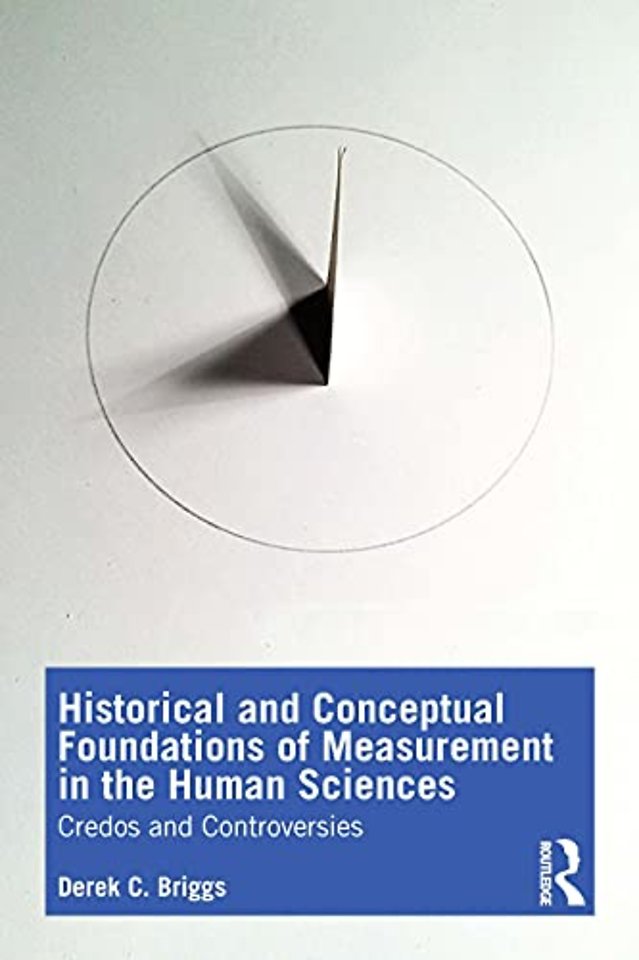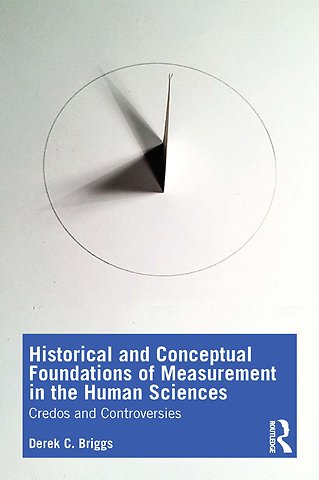Historical and Conceptual Foundations of Measurement in the Human Sciences
Credos and Controversies
Samenvatting
Historical and Conceptual Foundations of Measurement in the Human Sciences explores the assessment and measurement of nonphysical attributes that define human beings: abilities, personalities, attitudes, dispositions, and values. The proposition that human attributes are measurable remains controversial, as do the ideas and innovations of the six historical figures—Gustav Fechner, Francis Galton, Alfred Binet, Charles Spearman, Louis Thurstone, and S. S.
Stevens—at the heart of this book. Across 10 rich, elaborative chapters, readers are introduced to the origins of educational and psychological scaling, mental testing, classical test theory, factor analysis, and diagnostic classification and to controversies spanning the quantity objection, the role of measurement in promoting eugenics, theories of intelligence, the measurement of attitudes, and beyond. Graduate students, researchers, and professionals in educational measurement and psychometrics will emerge with a deeper appreciation for both the challenges and the affordances of measurement in quantitative research.
Specificaties
Anderen die dit boek kochten, kochten ook
Net verschenen
Rubrieken
- aanbestedingsrecht
- aansprakelijkheids- en verzekeringsrecht
- accountancy
- algemeen juridisch
- arbeidsrecht
- bank- en effectenrecht
- bestuursrecht
- bouwrecht
- burgerlijk recht en procesrecht
- europees-internationaal recht
- fiscaal recht
- gezondheidsrecht
- insolventierecht
- intellectuele eigendom en ict-recht
- management
- mens en maatschappij
- milieu- en omgevingsrecht
- notarieel recht
- ondernemingsrecht
- pensioenrecht
- personen- en familierecht
- sociale zekerheidsrecht
- staatsrecht
- strafrecht en criminologie
- vastgoed- en huurrecht
- vreemdelingenrecht







